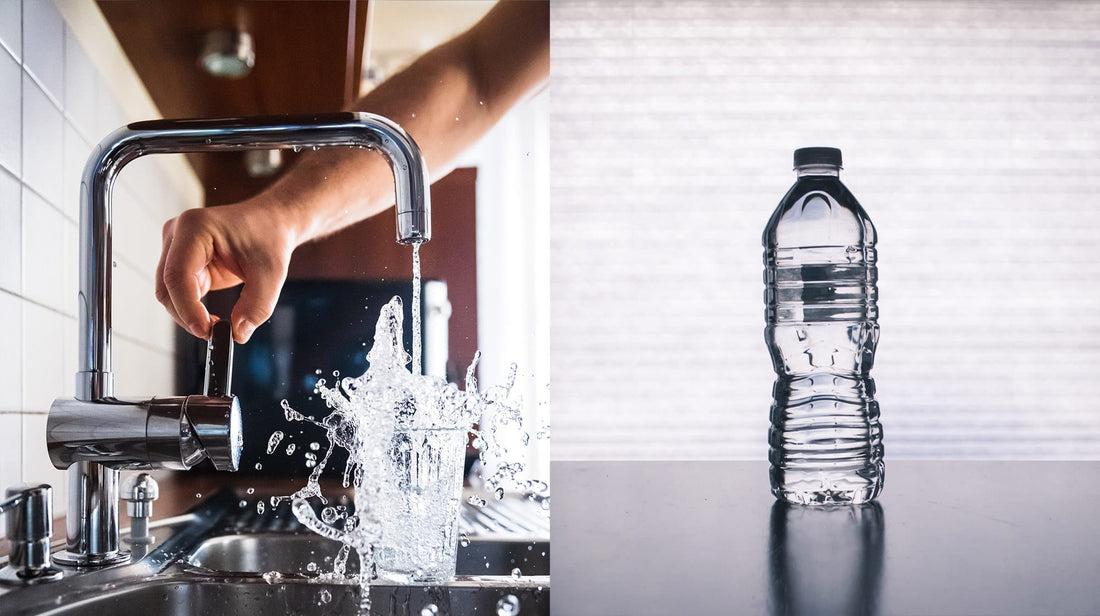In a world inundated with choices, one debate reigns supreme: tap water versus bottled. The decision seems simple, but beneath the surface lies a complex web of factors that affect not only our health but also the environment. Join us as we delve into the depths of this debate to uncover the truth about tap water and bottled alternatives.
The Regulatory Divide: Let's start with regulation. Tap water in the United States is subject to stringent oversight by the Environmental Protection Agency (EPA). This ensures that it meets strict quality standards, safeguarding public health. On the other hand, bottled water is not held to the same rigorous standards. It lacks the same level of oversight, leaving consumers vulnerable to potential contaminants.
Minerals Matter: One of the often-overlooked aspects of tap water is its natural mineral content. Unlike many bottled brands that undergo extensive filtration processes, tap water retains essential minerals such as calcium and magnesium, which are vital for overall health. These minerals not only contribute to hydration but also support bone health and muscle function.
Taste Test Triumph: Blind taste tests have consistently favored tap water over its bottled counterparts. Despite marketing claims and fancy packaging, tap water emerges as the clear winner in terms of flavor and freshness. This challenges the perception that bottled water is superior in taste, highlighting the value of our readily available tap water sources.
The Plastic Predicament: Perhaps the most alarming revelation is the prevalence of plastic in bottled water. Scientific studies have uncovered shocking findings – an average of 240,000 pieces of plastic per liter, primarily nanoplastics, lurking within bottled water. This poses serious health risks to consumers and contributes to the global plastic pollution crisis, with devastating consequences for marine life and ecosystems.
Follow the Money: Beyond the health and environmental concerns, there's the financial impact to consider. The average person spends a staggering $1,460 annually on bottled water, lining the pockets of the beverage industry. This money could be better invested in sustainable alternatives that prioritize health and environmental stewardship.
Choosing Sustainability: It's clear that the choice between tap water and bottled extends far beyond mere convenience. It's about safeguarding our health, protecting the planet, and making informed decisions that align with our values. By choosing tap water and investing in reusable bottles, we can reduce plastic waste, save money, and support sustainable practices.
Conclusion: The tap water versus bottled debate may seem trivial at first glance, but its implications are far-reaching. By understanding the facts and making conscious choices, we can make a positive impact on our health and the environment. Let's raise our glasses – or should we say reusable bottles – to a future where sustainability reigns supreme. Cheers to choosing tap water and drinking responsibly.

